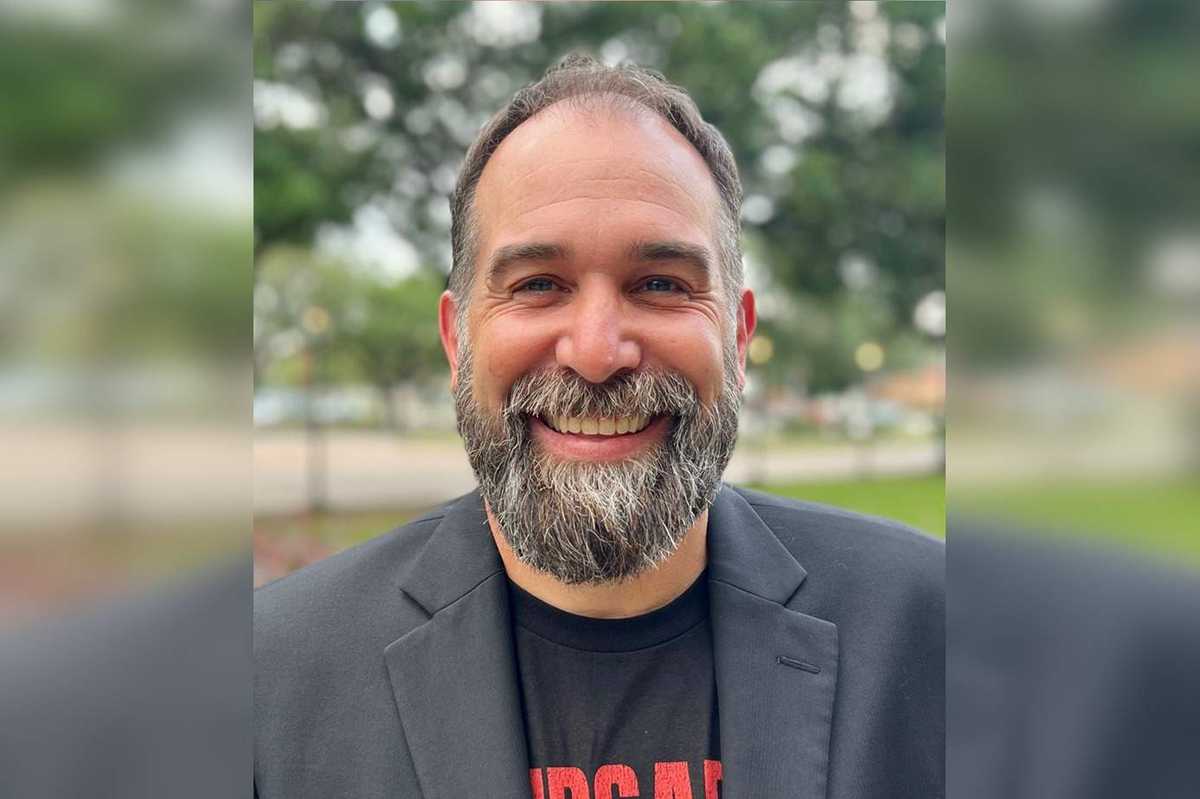3 Houston innovators who are making headlines right now
Featured Innovators
Editor's note: Houston innovators have kicked off the new year with big developments, from an immune-boosting nanodrug to NSF research funding and more. Below, meet three local innovators who have recently been in the headlines.
Kirsten Adam, Rice University

Kirsten Adam. Courtesy photo.
Rice University psychologist Kirsten Adam has received a $600,000 National Science Foundation CAREER Award to research how visual distractions like phone notifications, flashing alerts, crowded screens and busy workspaces can negatively impact focus—and how the brain works to try to regain it. Adam’s work will aim to clarify how the brain refocuses in the age of screens, instant gratification and other lingering distractions. The funding will also be used to train graduate students in advanced cognitive neuroscience methods, expand access to electroencephalography (EEG) and for public data sharing. Read more.
Houston lab-test startup seeks $1M for nationwide expansion

Jim Gebhart, founder and CEO of TheLabCafe.com. Courtesy photo.
Driven by the desire to knock down lab-test barriers, health care industry veteran Jim Gebhart founded Houston-based TheLabCafe.com in 2024. The platform provides access to low-cost medical tests without requiring patients to carry health insurance. It currently serves patients in six states and is poised for major U.S. expansion early this year. Read more.
Wei Gao, University of Houston College of Pharmacy

Wei Gao (center). Photo courtesy UH.
Wei Gao, assistant professor of pharmacology at the University of Houston College of Pharmacy, may have a solution to regulatory B cells (Bregs) which block the body's natural immunity and are found in pancreatic and lung cancers. Gao and her team have developed Nano-273, a dual-function drug, packaged in an albumin-based particle, that boosts the immune system to help it better fight these cancers. Read more.














 Apple doubles down on Houston with new production facility, training center Photo courtesy Apple.
Apple doubles down on Houston with new production facility, training center Photo courtesy Apple.